Charleston Currents #12.36 | July 27, 2020
HANGING ON. This yellow and blue spider seems as if it is about to drop into the water, but it’s hanging on, catching prey in its intricate web. It’s hot outside, but get out in the early morning and you’ll be amazed what you can see. If you’ve got a photo our readers should see, send it along to: editor@charlestoncurrents.com. Photo by Andy Brack.
 TODAY’S FOCUS: North Charleston to open new Park Circle art gallery Aug. 1
TODAY’S FOCUS: North Charleston to open new Park Circle art gallery Aug. 1
COMMENTARY, Brack: Culture wars are exasperating, but may energize America for good
IN THE SPOTLIGHT: S.C. Ports Authority
NEWS BRIEFS: Legislature abuzz over private voucher effort by governor
FEEDBACK: Let’s rethink this school opening thing, more
MYSTERY PHOTO: Flags adorn impressive, grand entrance
CALENDAR: Lowcountry Listens and Wine Down Wednesday
S.C. ENCYCLOPEDIA: Polo in South Carolina
North Charleston to open new Park Circle art gallery Aug. 1
Staff reports | The city of North Charleston will open a new free art gallery at Park Circle to present works scheduled in the North Charleston City Art Gallery, which has been shuttered indefinitely because of the closure of the Charleston Area Convention Center’s Performing Arts Center and Coliseum.
The new gallery, formerly known as the Olde Village Community Building, will open Aug. 1 at 4820 Jenkins Avenue. Hours will be 10 a.m. to 6 p.m. Tuesdays through Fridays and noon to 4 p.m. on Saturdays. In addition to the monthly exhibitions, the new space will feature a gift shop that offers a variety of items by local artists, art workshops and recurring meetings when it’s safe.
Park Circle Gallery’s inaugural exhibitions include photographs by Nicole Robinson of Charleston and paintings by Sarah Harris of Hanahan. The concurrent solo exhibitions will be on view August 1-29, 2020.
Abstraction: Tidal Obsession: Photographs by Nicole Robinson
Photographer Nicole Robinson presents a series of long exposure tidal landscapes. Robinson is drawn to simple subjects with interesting light, texture and motion. She uses long exposures in combination with hand panning across her subjects to create a natural abstract image
“There has to be more that you derive from an image than just documentation of being in a certain place or time. If the image provokes thought or questions or stirs desire; there is where I find success of my art,” Robinson said in a press release.
Nicole Robinson is a self-taught photographer who has lived in the Carolinas for more than 25 years. Her work is in many private collections throughout the United States. A construction worker by trade, she considers herself a photographer at heart and draws inspiration from the beauty of the natural world. More: NicoleRobinsonPhotography.com.
Abandoned Paradise: Paintings by Sarah Harris
Abandoned Paradise showcases a series of oil paintings that explore the subject of abandoned and rundown buildings in downtown Charleston.
“The abandoned buildings in our city have an unusual and mysterious beauty,” she said “Behind the decrepit walls there is an untold story.”
Using photographs as a reference, she begins each composition with loose, expressive washes of diluted paint and builds up layers to develop more details. She then adds thick impasto painting with a palette knife to mimic the texture and decay of these neglected buildings.
“I want the exterior to pop out of the canvas as though it is three-dimensional. During this process I explore and experiment with oil paint and push it beyond limit,” she said. By incorporating a variety of techniques and textures in her paintings, Harris draws attention to some of the possibilities of oil paint as a medium.
Sarah Harris earned a bachelor’s degree in studio art from the College of Charleston in 2013, with additional studies in graphic imagery at Trident Technical College in 2014. She has exhibited her work in a number of solo and group shows at venues and events throughout the Lowcountry, including the Halsey Institute of Contemporary Art and the North Charleston Arts Fest. More: SarahMichelleArt.com.
BRACK: Culture wars exasperate, but may energize America
By Andy Brack, editor and publisher | America’s culture wars are wearing us out. There’s too much distrust, frustration and pent-up anger.
Some want to make America great again, but that sends red flags to others who see the sentiment as dog whistles for a more divided society. Others wonder when America wasn’t great.
 Perhaps we can all agree on one thing: America is more polarized and divided than ever in recent memory. And maybe. Just maybe, we can use that which divides to unite us.
Perhaps we can all agree on one thing: America is more polarized and divided than ever in recent memory. And maybe. Just maybe, we can use that which divides to unite us.
“The culture wars are wearing me out because it is a destructive zero-sum game predicated on the false assumption that it is necessary for one side to prevail over and thereby cancel the other,” state Sen. Tom Davis, R-Beaufort, said. “The level of intolerance and lack of empathy on both the warring sides is truly dispiriting.”
Republican strategist Chip Felkel was more pointed: “They pit family and friends against one another. They are fueled by half-truths exponentially spread by social media and individuals who seek reaffirmation of their own views much more so than than they actually seek real knowledge or understanding of the positions, influences and perceptions of their fellow citizens.
“Culture wars are the antithesis of the American story, by turning the melting pot into rancid stew.”
Retired Winthrop University professor Sue Rex said the county’s battles have “gone too far when lifelong friends are having serious disagreements over our administration and possible solutions to our world problems. I yearn for calmer days, and they are attainable, if we lay down the swords and expect a new national team spirit.”
State Sen. Katrina Shealy, R-Lexington, said it’s not always clear what war is being fought.
“Are we fighting a political war, a race war, a Covid-19 war? My biggest war is to save South Carolina’s children and it should not have anything to do with what political party you belong to or what race you are. We should all want the same thing — keep our children safe from abuse and neglect, take care of their health care needs and educate them.”
Former Democratic state Sen. Phil Leventis of Sumter agreed the culture wars are discombobulating.
“It’s like arguing which lifeboats we will use — the one on the left side or the right side of the boat that is clearly sinking,” he said. “The government can’t solve all problems. There are no absolutes. Masks are not a silver bullet. The culture wars are more closely associated with rhetoric and sound bites. Bring forward the facts and let’s engage toward reaching a conclusion to do something.”
But while America may seem lost and wandering in a desert of ill will, what’s happening may be energizing our democracy, some suggest. Maybe most of us are uncomfortable because the country is in a teenage-like bubble of too many political and societal hormones. With time, we’ll grow out of it.
For example, the pandemic is forcing people to understand something good — the value of science, said Leventis.
“Science and investments in research and development toward out-innovating the rest of the world is the only way America can stay out front and remain a beacon of hope and freedom,” he said. “And the constant coverage of the virus has given us a view of people who are as American as apple pie. It’s amazing that so many of the physicians and staff who are on the front line ‘war against the virus’ are immigrants or first-generation [Americans] born in this country of immigrant parents.”
Retired journalist Herb Frazier of Charleston admitted the culture wars were draining because “people are dying at the cost of this foolishness and they highlight the racism that is embedded in this culture.” But he’s energized, too, because he believes the culture wars will motivate people to vote in November.
Former S.C. Rep. Vida Miller, D-Pawleys island, echoed similar sentiments.
“I’m saddened that this is the only way many injustices will be taken seriously,” she said. “But the culture wars are energizing me because I’m hopeful this energy will turn into votes in November.”
Let’s hope we can pull together and unite — and stop the unnecessary bickering.
Andy Brack is editor and publisher of Charleston Currents. Have a comment? Have a comment? Send to: editor@charlestoncurrents.com.
S.C. Ports Authority
 Founded in 1942, the South Carolina Ports Authority (SCPA) owns and operates public marine terminals at two port facilities, the Port of Charleston and the Port of Georgetown, in addition to inland ports in Greer and Dillon, S.C. These facilities are owner-operated terminals, meaning the SCPA owns the terminals, operates all container cranes, manages and operates all container storage yards and leads all customer service functions in both the yard and the lanes.
Founded in 1942, the South Carolina Ports Authority (SCPA) owns and operates public marine terminals at two port facilities, the Port of Charleston and the Port of Georgetown, in addition to inland ports in Greer and Dillon, S.C. These facilities are owner-operated terminals, meaning the SCPA owns the terminals, operates all container cranes, manages and operates all container storage yards and leads all customer service functions in both the yard and the lanes.
SCPA promotes, develops and facilitates waterborne commerce to meet the current and future needs of its customers, and for the economic benefit of the citizens and businesses of South Carolina. In fact, SCPA facilities in Charleston, Dillon, Georgetown and Greer drive $63.4 billion in annual statewide economic impact and 1 in every 10 S.C. jobs is attributed to the port.
- For more information, visit www.scspa.com.
- To meet all of our underwriters, click here.
Legislature abuzz over private voucher effort by governor
Staff reports | The legislature is abuzz over Gov. Henry McMaster’s move a week ago to allocate $32 million in pandemic relief funds for tuition grants to private schools.
By Wednesday, state Circuit Court Judge Edgar W. Dickson in Orangeburg County issued a temporary block on the plan in response to a lawsuit that said McMaster’s move violated the state’s constitution, which prevents public dollars from directly benefiting private educational institutions.
The one-time program sought to cover about 5,000 grants of up to $6,500 for students to attend private schools in the coming academic year and to help parents who might not be able to afford the expense otherwise. The money is part of the governor’s $48 million discretionary fund awarded through the federal coronavirus relief package.
Ahead of the private school tuition move, McMaster allocated $2.4 million of the funds on July 9 toward Historically Black Colleges and Universities in the state. Six of eight of those colleges are private. The move went unchallenged.
Also in the news:
![]() Animal Society calls for action on carriage horses. Following the July 20 euthanization of a carriage horse after an accident the day before, the Charleston Animal Society renewed its call for a study on working conditions for the horses. “The video and photos show a bleeding and terrified horse,” Animal Society CEO and President Joe Elmore said in a statement. “This must not be ignored and we urge the city of Charleston to conduct a full investigation. These images raise more questions about the enterprise of using horses in an urban environment. Using horses in an urban environment continues to be controversial. Charleston Animal Society has never called for a ban, rather a peer-reviewed, prospective, scientific study to inform community leaders of the working conditions of these animals. The carriage industry and its supporters have fought this reasonable compromise from the outset.”
Animal Society calls for action on carriage horses. Following the July 20 euthanization of a carriage horse after an accident the day before, the Charleston Animal Society renewed its call for a study on working conditions for the horses. “The video and photos show a bleeding and terrified horse,” Animal Society CEO and President Joe Elmore said in a statement. “This must not be ignored and we urge the city of Charleston to conduct a full investigation. These images raise more questions about the enterprise of using horses in an urban environment. Using horses in an urban environment continues to be controversial. Charleston Animal Society has never called for a ban, rather a peer-reviewed, prospective, scientific study to inform community leaders of the working conditions of these animals. The carriage industry and its supporters have fought this reasonable compromise from the outset.”
Big mask donation. InFocus Healthcare Consultants last week donated 250,000 KN95 masks to the city of Charleston, Charleston County Medical Society and Seacoast Church to be distributed to local frontline workers and first responders. Attending a press conference to accept the donation were Charleston Mayor John Tecklenburg, MUSC epidemiologist Dr. Robert Ball, Medical Society Administrator Dana Holladay and Seacoast Church Lead Pastor Josh Surratt.
New care location. Doctors Care P.A., the state’s largest urgent care company, last week opened its newest location in West Ashley at 1014 St. Andrews Boulevard. It replaces an outdated facility that was about two miles away. The company now has 10 locations in the Charleston area. The new West Ashley office has more than 6,000 square feet with six exam rooms and space for triage, trauma care, labs and X-rays. It’s open 8 a.m. to 8 p.m., Monday through Friday, and 9 a.m. to 5 p.m. on weekends. More.
Half of state’s renters at risk for eviction. Advocates for low-income South Carolinians fear hundreds of thousands of them could lose housing in the coming months thanks to a piling on of circumstances, Statehouse Report published. The state has seen a rise in evictions and homelessness since March, homeless advocates say. Things worsened after May when a state Supreme Court moratorium on court eviction filings was lifted. Now there’s a new double-whammy: First, federal aid of $600 per week in unemployment insurance expires this week; and second, a federal moratorium on federally-backed rental properties was just lifted. Read more.
Statehouse Report’s Lindsay Street contributed to this section. Have a comment? Send to: editor@charlestoncurrents.com
Let’s rethink this school opening thing
To the editor
![]() It gets tiresome hearing from Massachusetts relatives how stupid other states are behaving, South Carolina included. I can’t disagree. They, Massachusetts, mandated masks a long time ago and — shocker — their numbers are not climbing. But, they’re currently grappling with the “school opening” issues also.
It gets tiresome hearing from Massachusetts relatives how stupid other states are behaving, South Carolina included. I can’t disagree. They, Massachusetts, mandated masks a long time ago and — shocker — their numbers are not climbing. But, they’re currently grappling with the “school opening” issues also.
Regarding opening schools, I wonder, what would you do if it was your call? For me, it’s neither a Yes/No call. But, I certainly do not advocate opening all schools as if all’s well and normal. I also do not feel that “socialization” during a deadly, viral, global pandemic is a good enough reason to open the proverbial floodgates. In my opinion, few things are more precious than our children and our teachers. We need to honor and protect them all.
Some teachers may not be able to commit to beginning school at this time, and plenty of children really do need school, or, at least a “safe haven” with meals, and access to all of the resources necessary for keeping up with their education (a laptop, printer, and broadband connection); and for any number of reasons, there may well be parents who truly need school for their children to go to during the day. Surely something can be worked out, even if that means hiring people to find out what the needs are of every student and their families and then figuring out how to accommodate everyone. Maybe not every school has to be opened up. Why not have some schools open even if they are to accommodate multi-aged children, and require masks, social distancing, and other rules as needed? Monies saved from keeping some schools closed could easily be put towards technological supplies for those who need it, and cover the costs of those hired to see that every child’s needs are met.
This is an unprecedented time. No one has the answers. But getting clear, intelligent, concerned, non-politically-motivated minds together would certainly be a refreshing first step.
— Tara McGuinness, Mount Pleasant, S.C.
Keep speaking truth to power
To the editor:
I regularly read your articles in Florence’s Morning News and enjoy your takes on state government.
Today’s article was especially insightful and perceptive. You educated readers on our state’s unique constitutional structure when it comes to education; you called out the governor in an entertaining, yet spot-on, way which highlights his wishy-washy, conflicting approach to the pandemic; and you called out legislative leaders for their ironic grandstanding. You hit the trifecta!
Keep up the good work. We need more folks like you in our beloved state willing to speak truth to power.
— Karl A. Folkens, Florence, S.C.
Got something to say? Let us know by mail or email
We’d love to get your impact in one or more ways:
Send us a letter: We love hearing from readers. Comments are limited to 250 words or less. Please include your name and contact information. Send your letters to: editor@charlestoncurrents.com. | Read our feedback policy.
Tell us what you love about the Lowcountry. Send a short comment – 100 words to 150 words – that describes something you really enjoy about the Lowcountry. It can be big or small. It can be a place, a thing or something you see. It might be the bakery where you get a morning croissant or a business or government entity doing a good job. We’ll highlight your entry in a coming issue of Charleston Currents. We look forward to hearing from you.
Flags adorn impressive, grand entrance
Here’s an important-looking place replete with three different flags. But where is it? Why might it have been in recent news? Send your best guess to editor@charlestoncurrents.com. And don’t forget to include your name and the town in which you live.
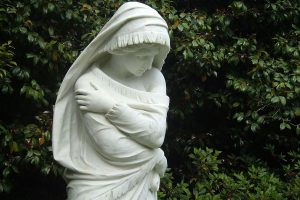 Our most recent mystery, “Historic pensive marble statue,” shows the pensive “Winter” statue at Middleton Place near Charleston.
Our most recent mystery, “Historic pensive marble statue,” shows the pensive “Winter” statue at Middleton Place near Charleston.
Hats off to those who identified it: George Graf of Palmyra, Va.; Daniel Prohaska of Moncks Corner; Frank Bouknight of Summerville; Marnie Huger of Richmond, Va.; Allan Peel of San Antonio, Texas; Jay Altman of Columbia; and Marian Greely and Jim Mcmahan, both of Charleston.
Prohaska said the statue is positioned in one of four corners of the Secret Gardens at Middleton Place.
Peel added, “The statue shown in the mystery photo is one of four marble statues of goddesses that are located in the ‘Secret Garden’, so named because none of the azaleas that ring the gardens are visible until visitors actually enter the garden itself. This garden provides a number of teak benches to sit and relax in while peacefully contemplating the beautiful grounds, all the while admiring the goddesses that represent the four seasons. There is no question that the Winter Goddess in the mystery photo is cold and shivering, as she tries to stay warm by wrapping herself tightly in a cloth shawl and headdress.”
Graf also shared: “But back in the 1700s, the famous French sculptor, Jean-Antoine Houdon, created a masterpiece work personifying the winter season as a girl looking down and clutching her frayed shawl with crossed arms in the cold. It is on display at the Metropolitan Museum of Art. It resembles the statue at Middleton Plantation, however the French Winter version has only a shawl and nothing else and was deemed somewhat erotic. So maybe, that sculpture was used, but the Middleton version had a bit more clothing added, but nearly the same posture.
- Send us a mystery: If you have a photo that you believe will stump readers, send it along (but make sure to tell us what it is because it may stump us too!) Send it along to editor@charlestoncurrents.com.
![]() Lowcountry Listens each Wednesday. Want some local music with real social distancing? Tune in each Wednesday at 6 p.m. to the Gaillard Center’s Lowcountry Listens program for new performances. To watch, go to the venue’s homepage, Facebook page or YouTube channel at 6 p.m. Wednesday. Each performance is recorded in the Martha and John M. Rivers Performance Hall and features four to five songs. On tap this week is Noah Jones. Ahead:
Lowcountry Listens each Wednesday. Want some local music with real social distancing? Tune in each Wednesday at 6 p.m. to the Gaillard Center’s Lowcountry Listens program for new performances. To watch, go to the venue’s homepage, Facebook page or YouTube channel at 6 p.m. Wednesday. Each performance is recorded in the Martha and John M. Rivers Performance Hall and features four to five songs. On tap this week is Noah Jones. Ahead:
- August 5 – Sarah White + Emily Curtis
- August 12 – Muscle Memory: Poetry & Jazz with Marcus Amaker and Quentin Baxter
- August 19 – Chaquis Maliq The EccentroSoul 1 Woman Band
- See shows from the first series.
Wine Down Wednesday: 5 p.m. to 7 p.m. on Aug. 5, Aug. 19. Old Towne Creek County Park will host this event in West Ashley with wine and live music — a perfect pairing to relax at midweek. Food truck fare will be available. Cost: 15. Limited to 150 people. Advanced registration required.
Online offerings:
- Gibbes Museum. You can enjoy lots of local art offerings through the website and social media accounts of the Gibbes Museum. At 10 a.m. on weekdays, the museum posts virtual readings and workshops on Facebook. Find more online.
- Avian Conservation Center. Access videos and live streaming presentations online to learn about what’s going on at the Center for Birds of Prey.
- Around the world. You can visit 500 museums across the world online through this Google amalgamation of sites.
If you have any online events, drop us a line (editor@charlestoncurrents.com) and make sure to put “Online event” in the subject line. Similarly, if you’ve got cool ideas for stuff to do while in isolation at home, send them our way.
Polo in South Carolina
Polo has been played in South Carolina nearly as long as it has existed in the United States. Polo began in modern-day Iran sometime between 500 b.c.e. and 100 c.e. The sport spread east and was encountered by the British military in India in the 1860s. In 1876 the sport was brought to the United States.
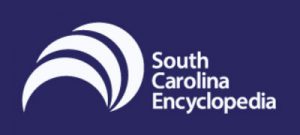 The first polo game in South Carolina was played on March 27, 1882, in Aiken, which has remained a major center for the sport. Attracted to South Carolina’s congenial winter climate, American polo pioneers such as Thomas Hitchcock, W. C. Eustis, and Harry Payne Whitney made Aiken their winter home. Whitney Field in Aiken, built by Hitchcock and sold to Whitney, may be the oldest polo field in America in continuous use. Aiken has also been a training center for polo ponies since the 1910s. The Aiken Polo Club, founded in 1882, is one of the nation’s oldest. The Camden Polo Club was founded in 1900.
The first polo game in South Carolina was played on March 27, 1882, in Aiken, which has remained a major center for the sport. Attracted to South Carolina’s congenial winter climate, American polo pioneers such as Thomas Hitchcock, W. C. Eustis, and Harry Payne Whitney made Aiken their winter home. Whitney Field in Aiken, built by Hitchcock and sold to Whitney, may be the oldest polo field in America in continuous use. Aiken has also been a training center for polo ponies since the 1910s. The Aiken Polo Club, founded in 1882, is one of the nation’s oldest. The Camden Polo Club was founded in 1900.
During what was known as “the golden age of polo,” through the 1950s, Aiken was the winter capital of polo in the United States. During this time polo was also an active sport in Columbia and Camden, with regular Sunday afternoon matches.
Polo continued to have a strong showing in the early twenty-first century. In 2004 there were fourteen polo fields in Aiken, which hosted sixteen-and twenty-goal tournaments during the fall and spring, some drawing entries from throughout the United States.
Thirty polo professionals made their home in Aiken in that year, and there were active United States Polo Association clubs in Aiken, Charleston and Columbia.
— From an entry by Don Barton. This entry has not been updated since 2016. To read more about this or 2,000 other entries about South Carolina, check out The South Carolina Encyclopedia, published in 2006 by USC Press. (Information used by permission.)
 As more people stay home to deal with the coronavirus crisis, people are looking for things to do. You can find some fun things to do online in our calendar section below, but let us also encourage you to FORWARD your issue of Charleston Currents to your friends and encourage them to subscribe. It’s got a great price, as you know: Free! We hope they’ll enjoy our coverage.
As more people stay home to deal with the coronavirus crisis, people are looking for things to do. You can find some fun things to do online in our calendar section below, but let us also encourage you to FORWARD your issue of Charleston Currents to your friends and encourage them to subscribe. It’s got a great price, as you know: Free! We hope they’ll enjoy our coverage.
- DONATE. Now also would be a great time to contribute as we deal with the crisis. In advance, thank you.
OUR UNDERWRITERS
Charleston Currents is an underwriter-supported weekly online journal of good news about the Charleston area and Lowcountry of South Carolina.
- Meet our underwriters
- To learn more about how your organization or business can benefit, click here to contact us. Or give us a holler on the phone at: 843.670.3996.
OUR TEAM
Charleston Currents offers insightful community comment and good news on events each week. It cuts through the information clutter to offer the best of what’s happening locally.
- Mailing address: 1316 Rutledge Avenue | Charleston, SC 29403
- Phone: 843.670.3996
Charleston Currents is provided to you weekly by:
- Editor and publisher: Andy Brack, 843.670.3996
- Contributing editor, common good, Fred Palm
- Contributing editor, money: Kyra Morris
- Contributing editor, Palmetto Poem: Marjory Wentworth
- Contributing editor, real estate: Digit Matheny
- Contributing photographer: Rob Byko
- Charleston Currents also uses content from the outstanding staff at the Charleston City Paper, a sister publication.
SUBSCRIBE FOR FREE
Subscriptions to Charleston Currents are free.
- Click here to subscribe.
- Unsubscribe. We don’t want to lose you as a reader of Charleston Currents, but if you must unsubscribe, you will have to do it through the email edition you receive. Just go to the bottom of any of your weekly newsletters and click the “unsubscribe” function. If that doesn’t work, please send us an email with the word “unsubscribe” in the subject line.
- © 2008-2020, City Paper Publishing, LLC. All rights reserved. Charleston Currents is published every Monday by City Paper Publishing LLC, 1316 Rutledge Ave., Charleston, SC 29403.


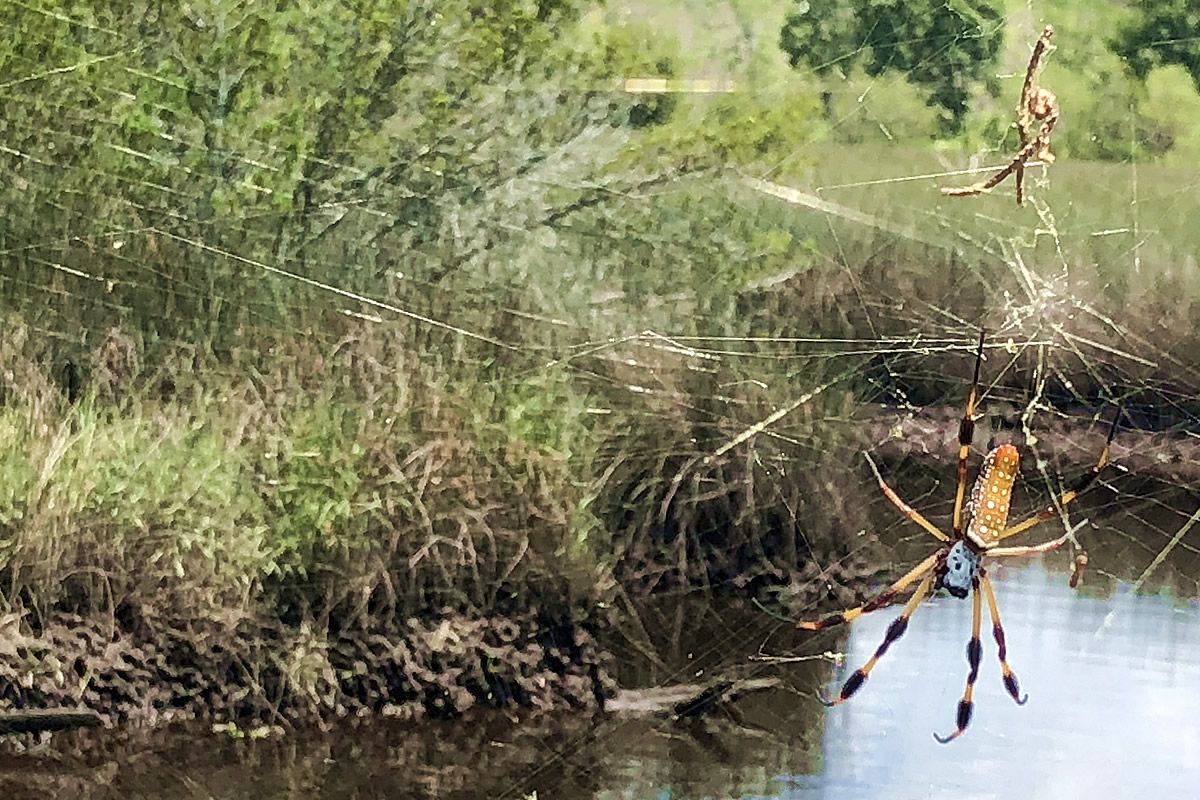
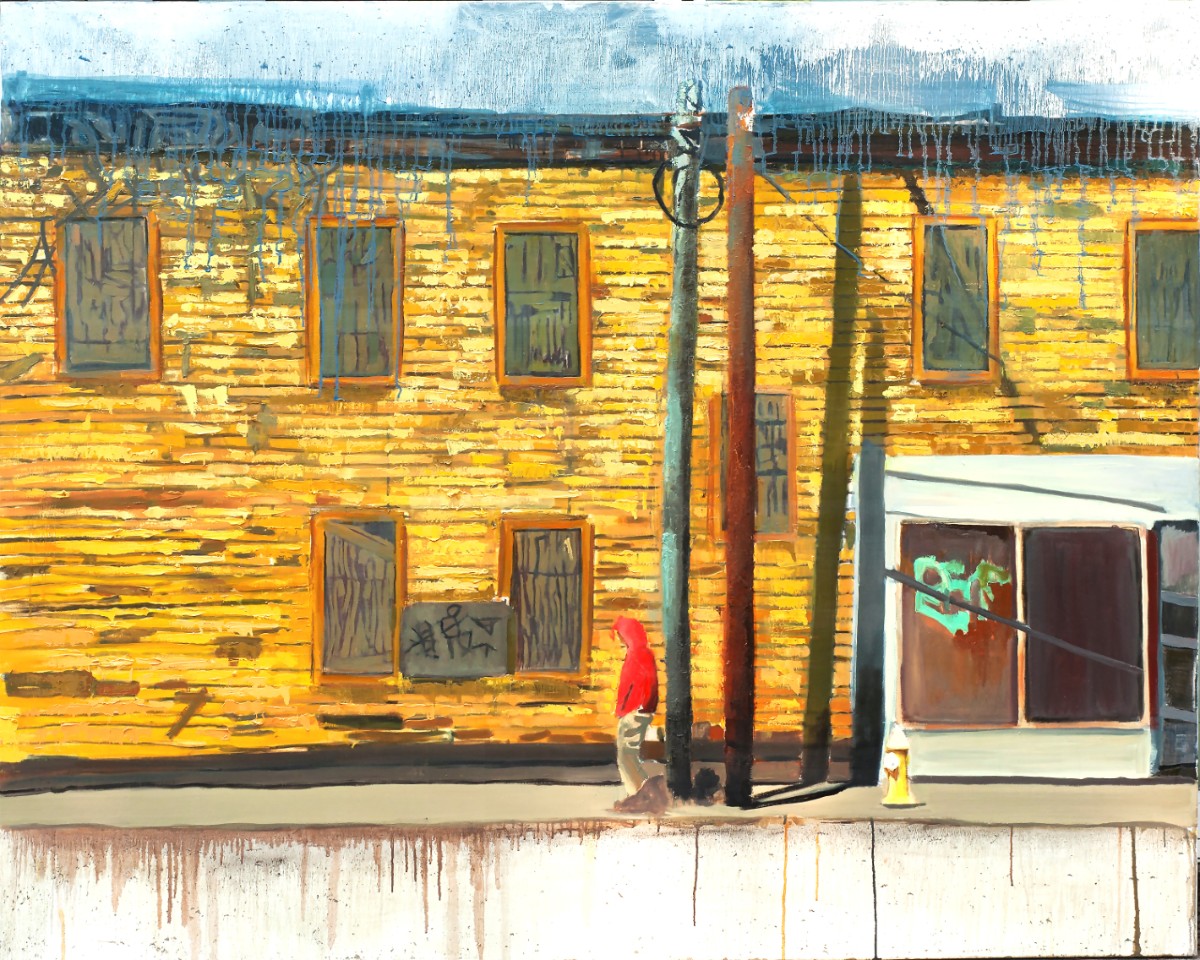
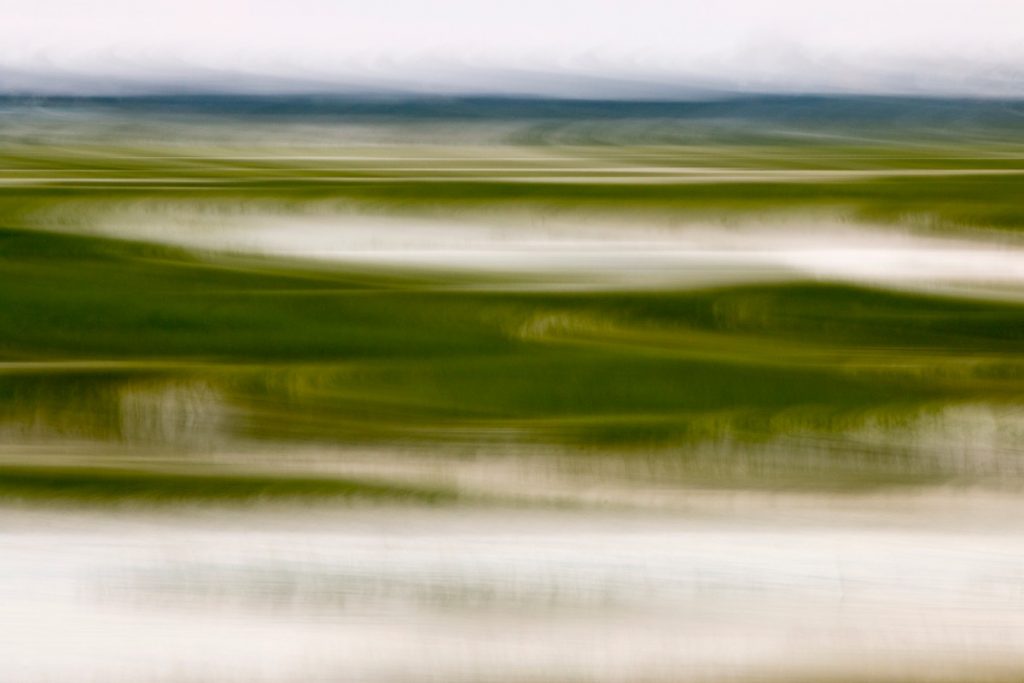
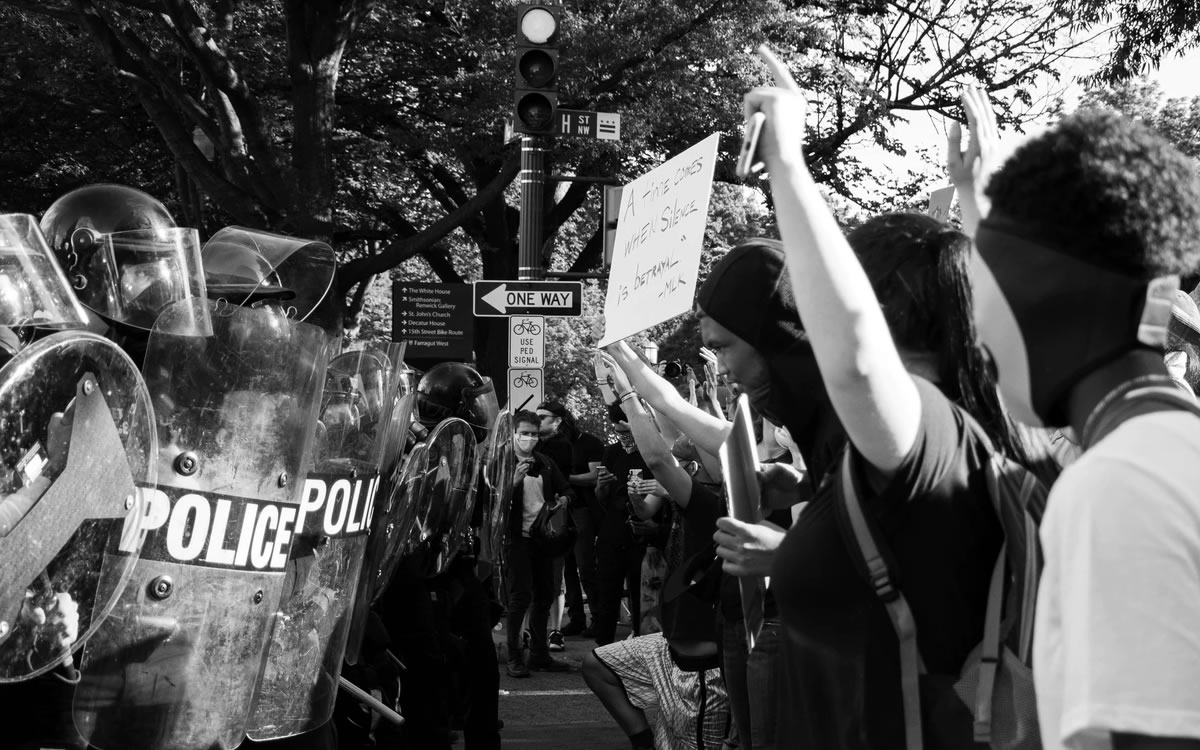
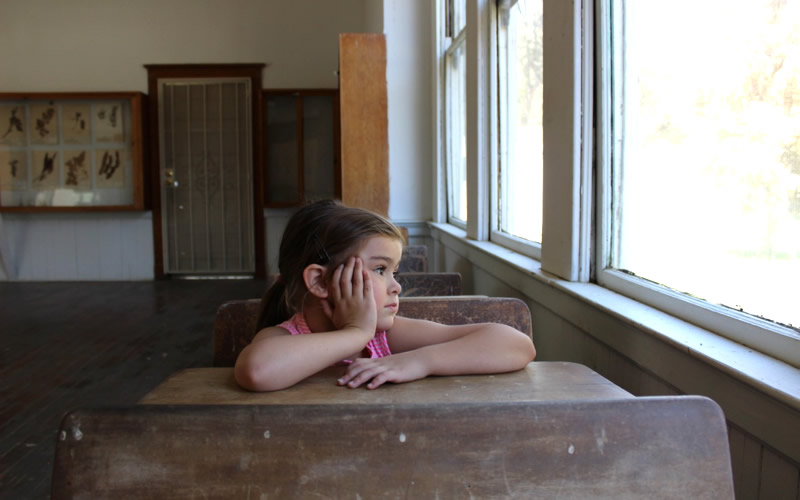
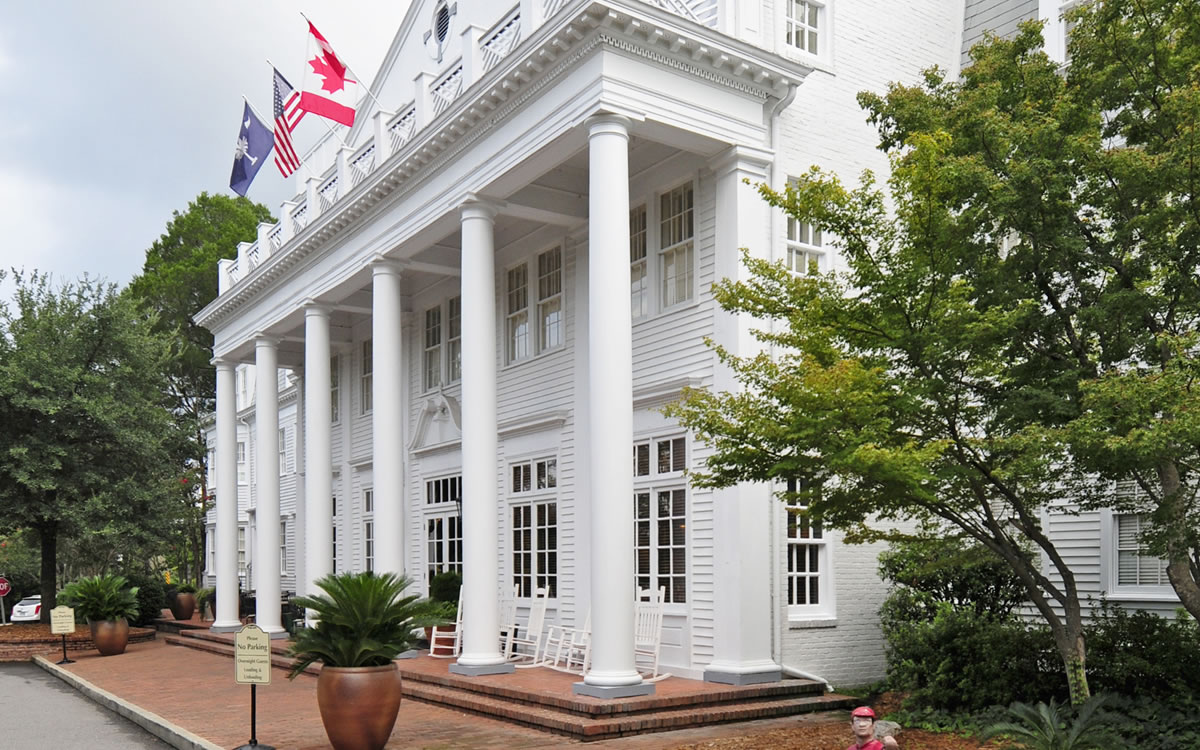

 We Can Do Better, South Carolina!
We Can Do Better, South Carolina!
























Pingback: NEW for 7/27: New Park Circle gallery; Culture wars; More – Charleston Currents